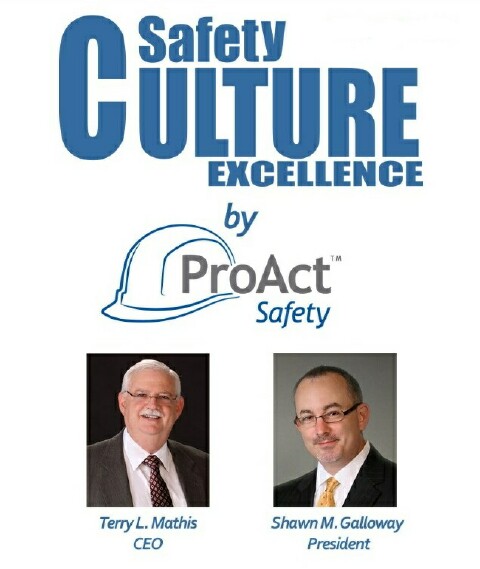Episodes

Wednesday Apr 16, 2014
The Confrontation Calamity
Wednesday Apr 16, 2014
Wednesday Apr 16, 2014
The emphasis on the concept of confrontation in safety is epidemic. Consultants, books and articles taut the virtue of teaching workers to confront each other over safety issues. They claim that the willingness and ability to confront may be the key competency of safety. They argue that it must become unacceptable to see a risk being taken and not confront the individual taking the risk.
The basis of this misguided concept goes back to two core misconceptions of safety thinking, (i.e. the idea that the goal of safety is to fail less and that all risk-taking is a matter of worker choice). When one worker sees another being bad there must be a confrontation to make the worker less bad. The worker taking a risk simply made a bad choice and confrontation will result in less-bad decisions in the future. The truth is that safety excellence is about achieving success, not simply avoiding failure and that there are organizational influences that impact workers’ decisions that need to be discovered and addressed if lasting change is to be made.
The alternative to the concept of confrontation is the concept of coaching. Coaching is a way to achieve success rather than simply avoid failure. It involves workers building on each other’s strengths rather than simply trying to correct their weaknesses. It is built upon a vision of success in which everyone helps each other reach a goal. It necessitates a vision of success and helps to identify organizational influences on workers’ behavioral choices.
Confrontation weakens relationships and culture and seldom results in lasting change. Coaching builds relationships and culture and almost always results in improved performance. Workers listen to their allies differently than they listen to their critics. Confrontation creates either enmity within the safety culture or avoidance behavior that has the appearance of confrontation without the reality. Either damages the very fabric of what it is supposed to improve.
-Terry L. Mathis
Terry L. Mathis is the founder and CEO of ProAct Safety, an international safety and performance excellence firm. He is known for his dynamic presentations in the fields of behavioral and cultural safety, leadership, and operational performance, and is a regular speaker at ASSE, NSC, and numerous company and industry conferences. EHS Today listed Terry as a Safety Guru in ‘The 50 People Who Most Influenced EHS in 2010, 2011 and 2012-2013. He has been a frequent contributor to industry magazines for over 15 years and is the coauthor of STEPS to Safety Culture Excellence, 2013, WILEY.

